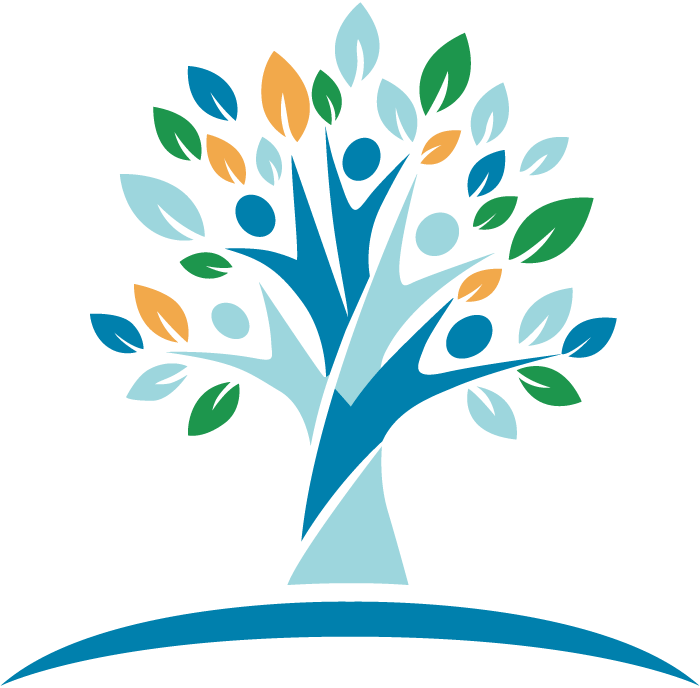COVID-19 Community Response
COVID-19 Community Response
Now more than ever is a time for Building Community Resilience - a time to leverage networks and harness our collective power to ensure the health, wellbeing and equitable access to much needed support for our children and families.
For the past five years the Building Community Resilience Networks and Collaborative have worked across sectors to address and prevent childhood adversity by fostering equity to promote resilience. Today our network partners are responding to a global pandemic that threatens the health and wellbeing of the communities we serve. Pre-existing inequities that drive chronic adversity are only exacerbated in the face of school closings and the shutdown of businesses that support hourly workers. The economic uncertainty coupled with the disruption of life as we know it upends the sense of safety and stability for caregivers and our children.
New from CCR
In Community Implementation of Federal COVID-19 Response: Results and Recommendations, BCR network sites share how communities are using federal resources and flexibilities to support an equitable recovery and what policymakers should consider next.
A new paper, A Resilient Nation: Considerations for COVID-19 Relief , outlines policy considerations based on the experience of CCR communities around the country. The CCR network urges federal policymakers to focus on how the federal response can further support child, family and community resilience and advance racial equity.
As the Center for Community Resilience continues to monitor community and policy responses across the country, we have compiled and will continue to update the following list of resources shared by our partners:
Programmatic & Policy Response
Childcare
- The National Association for the Education of Young Children: Child Care is Essential and Needs Emergency Support to Survive
- The National Association for the Education of Young Children: Child Care in Crisis: Understanding the Effects of the Coronavirus Pandemic
- Childcare and Early Learning Stimulus Request
- CDC: Guidance For Childcare Programs that Remain Open
Child Welfare
- Chronicle of Social Change: Coronavirus: What Child Welfare Systems Need to Think About
- National Child Abuse Coalition: Child Welfare COVID-19 Sign-on Letter
- Letter from the Congressional Caucus on Foster Youth
Mental Health
- Kaiser Family Foundation: The Implications of COVID-19 for Mental Health and Substance Abuse
Arts Response
- Center for Arts in Medicine: Mobilizing the Arts for COVID-19 Communication and Coping
- Center for Arts in Medicine: Open-Access Repository for COVID-19 Arts Response
CDC Residential Eviction Order
- Center for Community Resilience: Overview of Temporary Halt in Residential Evictions to Prevent the Spread of COVID-19
Federal Legislation
- (UPDATED March 17, 2021) Center for Community Resilience: Overview of Key Provisions in Legislation Related to COVID-19
- Center for Community Resilience: State Health Coverage Strategies for COVID-19
- Center for Community Resilience: COVID-19 CDBG CARES Act Summary
- Center for Community Resilience: COVID-19 CSBG CARES Act Summary
- Center for Community Resilience: COVID-19 Policy Levers
- HR 6201: Families First Coronavirus Response Act Summary
- HR 6800: The Heroes Act
- Children's Health Watch: Federal Opportunities to Respond to COVID-19
- Campaign for Trauma Informed Policy and Practice: CARES Act Education Funding
State-Specific Legislation
- DC Emergency Legislation and Summary Document
- Child Trends: As COVID-19 spreads, most states have laws that address how schools should respond to pandemics
- Kaiser Family Foundation: State Data and Policy Actions to Address COVID-19
- Children's Health Watch: State Opportunities to Respond to COVID-19
Local Government Response
- National League of Cities and Bloomberg Philanthropies: COVID-19 Local Action Tracker
- The Partnership for Healthy Cities:COVID-19 Response Center
Community Engagement
Communications Resources
- CDC: COVID-19 Fliers in Multiple Languages
- Children's National: A Kids Guide to Coronavirus
- DC Health: Stop Stigma
- Surgo Foundation: The COVID-19 Community Vulnerability Index (CCVI)
- Public Goods Project: COVID-19 Insights Center
Supporting Vulnerable Populations
- The Betancourt Macias Family Scholarship Foundation: Comprehensive list of national and state resources for undocumented communities
- Generations United: COVID-19 Fact Sheet for Grandfamilies and Multigenerational Families
- Council on Black Health: What COVID-19 Means for Black Communities
- Public Health Awakened and Spirit of 1848: Emerging crowd-sourced database to inform a public health response to COVID-19
Trauma Sensitive Response
- Alive and Well Communities: A Trauma Sensitive Response to COVID-19
- Alive and Well Communities: A Call to Action: Resist Racial Re-Traumatization During Public Health Response to COVID-19
Supporting Emotional Wellbeing
- Child Trends: Resources for Supporting Children's Emotional Wellbeing During the COVID-19 Pandemic
- Early Childhood Innovation Network: Tips to Help Support Your Family

